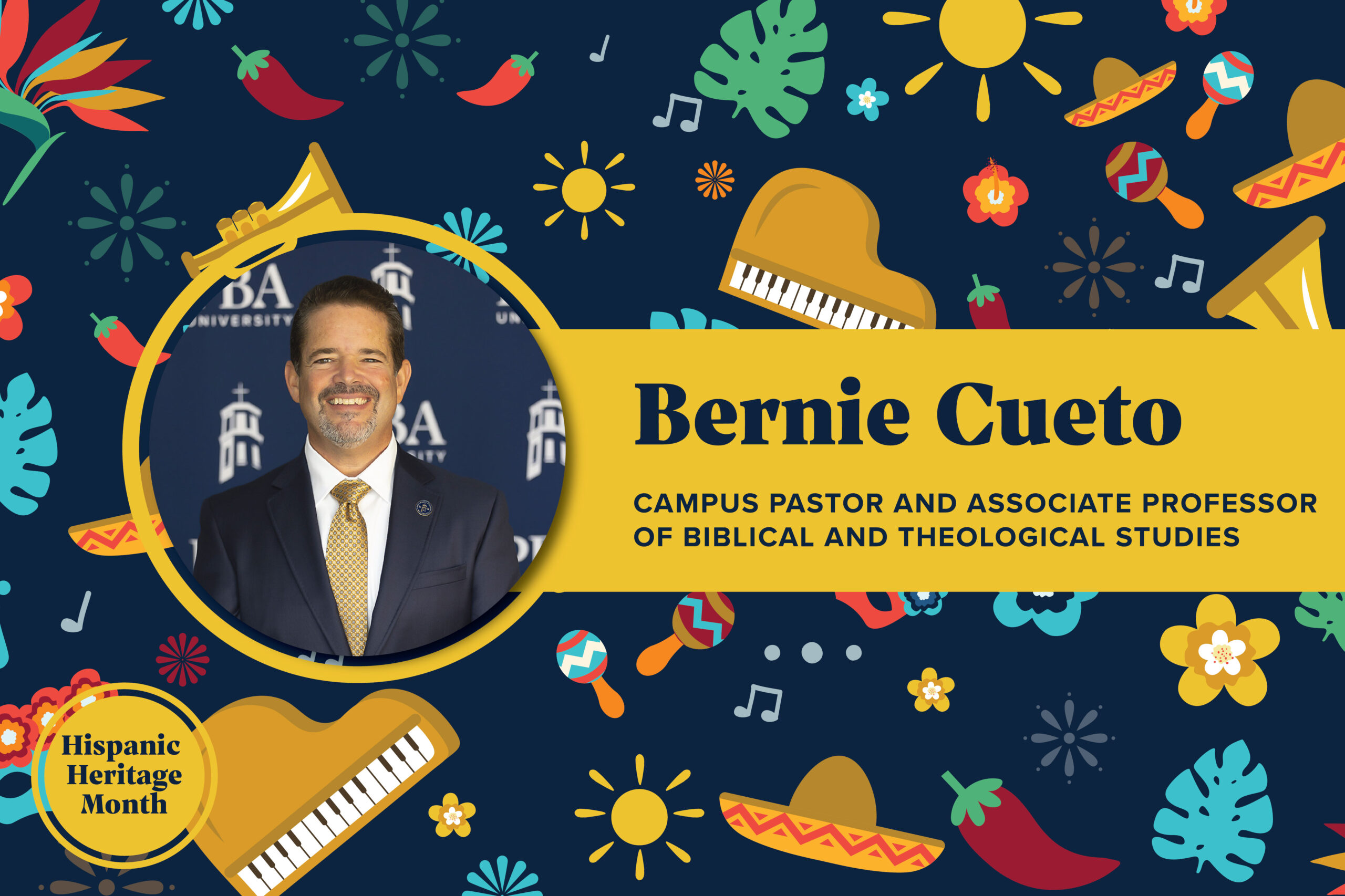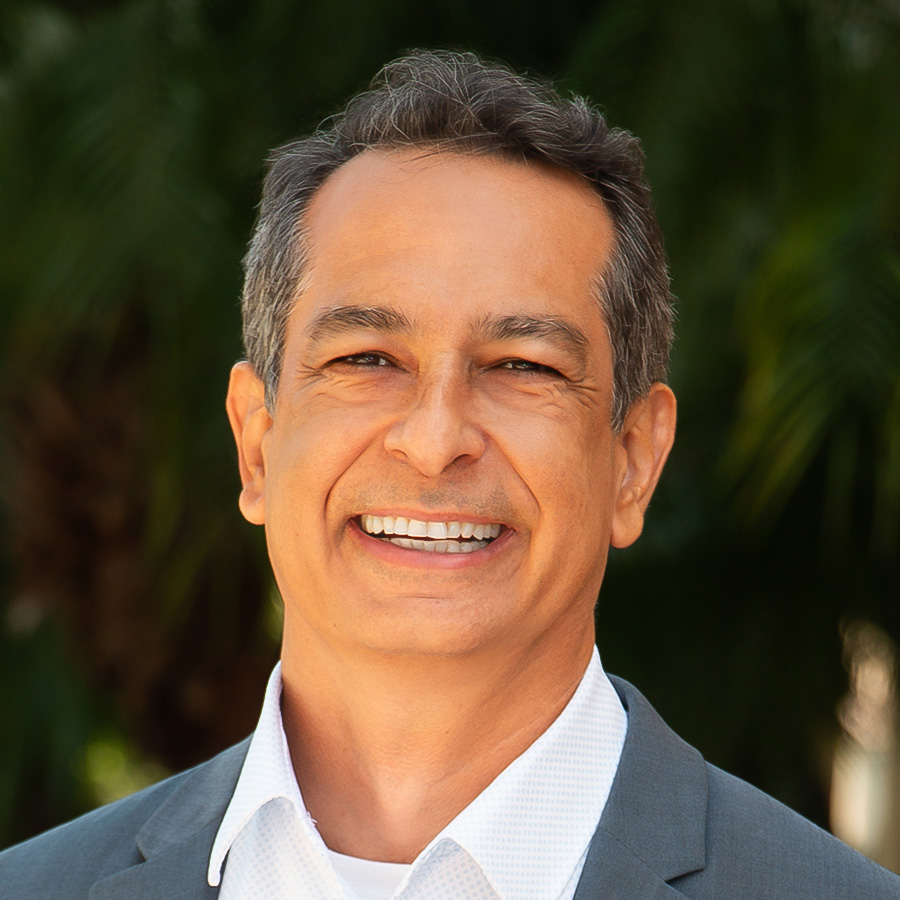Bernie Cueto, the campus pastor and a professor of biblical and theological studies at Palm Beach Atlantic University (PBA), was raised in Miami by his parents, who emigrated from Havana, Cuba, to the United States in 1969. His parents’ experiences taught him to appreciate America as a land of freedom and opportunity.
Cueto’s family, on his father’s side, moved from Asturias, a northern part of Spain, to Cuba during a time when the island was overflowing with financial opportunities due to its large and busy ports. Cueto’s mother’s family and many of her relatives held public office in Cuba until the late 1940s.
The Rise of Fidel Castro
Unfortunately, the political climate took a turn with the rise of Fidel Castro in 1959, a revolutionary who would turn Cuba into the first communist government in the Western Hemisphere. Under Castro, Cuban citizens were forced to give up several rights and had harsh limitations put on their personal freedom. Cueto’s grandfather, a once successful businessman on the island, saw significant losses as Castro’s regime seized vast amounts of his property. Cueto’s family had to watch as the government took away not only their business but also their freedom of speech and ability to practice religion. Anyone who disobeyed or expressed any disapproval of Castro faced imprisonment or worse.
A New Beginning: Settling in Florida
These harsh conditions led the Cuetos, including Bernie’s grandparents, to move to Spain in the 1960s and eventually settle in Miami in the 1970s. They refused government assistance and worked whatever jobs were necessary to support the family. From a very early age, Cueto witnessed his parents’ and grandparents’ strong pride and work ethic and sought to follow their example.
“Even after a long day’s work, my grandfather would ask me about my future. I would tell him; I just want a nap. He would remind me of the importance of using my mind and working hard. For our families, laziness was never an option,” Cueto said.
Cueto considers himself deeply American. He recognizes all the sacrifices and hard work his grandparents and parents went through to make the United States their home and educate him about the “cultural touchstones” of Cuban history. His family helped him connect with his culture through the language, food and traditions they kept alive after coming to the United States.
Embracing Unity with Diversity
“I believe that we are called to embrace unity with diversity, reflecting the biblical vision of a Christ-exalting cultural diversity. This diversity, seen in the vibrant mosaic of languages, flavors, and traditions, enriches our shared human experience, being created in God’s image,” Cueto said.
While being Cuban has definitely impacted Cueto, he believes his cultural expression is not something he must think about daily. When asked how he approaches academics or ministry as a Hispanic person, he tells people he just sees himself as a student of the New Testament and Homiletics who happens to be of Cuban American descent. He does not believe his whole identity as a person can be reduced to one simple facet of himself.
“My heritage informs all that I do, but it doesn’t define the limits of my aspirations or contributions,” Cueto said.
Explore more about Hispanic Heritage Month through PBA’s College of the Arts, which will host the 15th Annual Hispanic Heritage Festival from October 10 to 13, 2024, in the Vera Lea Rinker Music and Fine Arts Building on PBA’s West Palm Beach campus. To learn more, click here.



